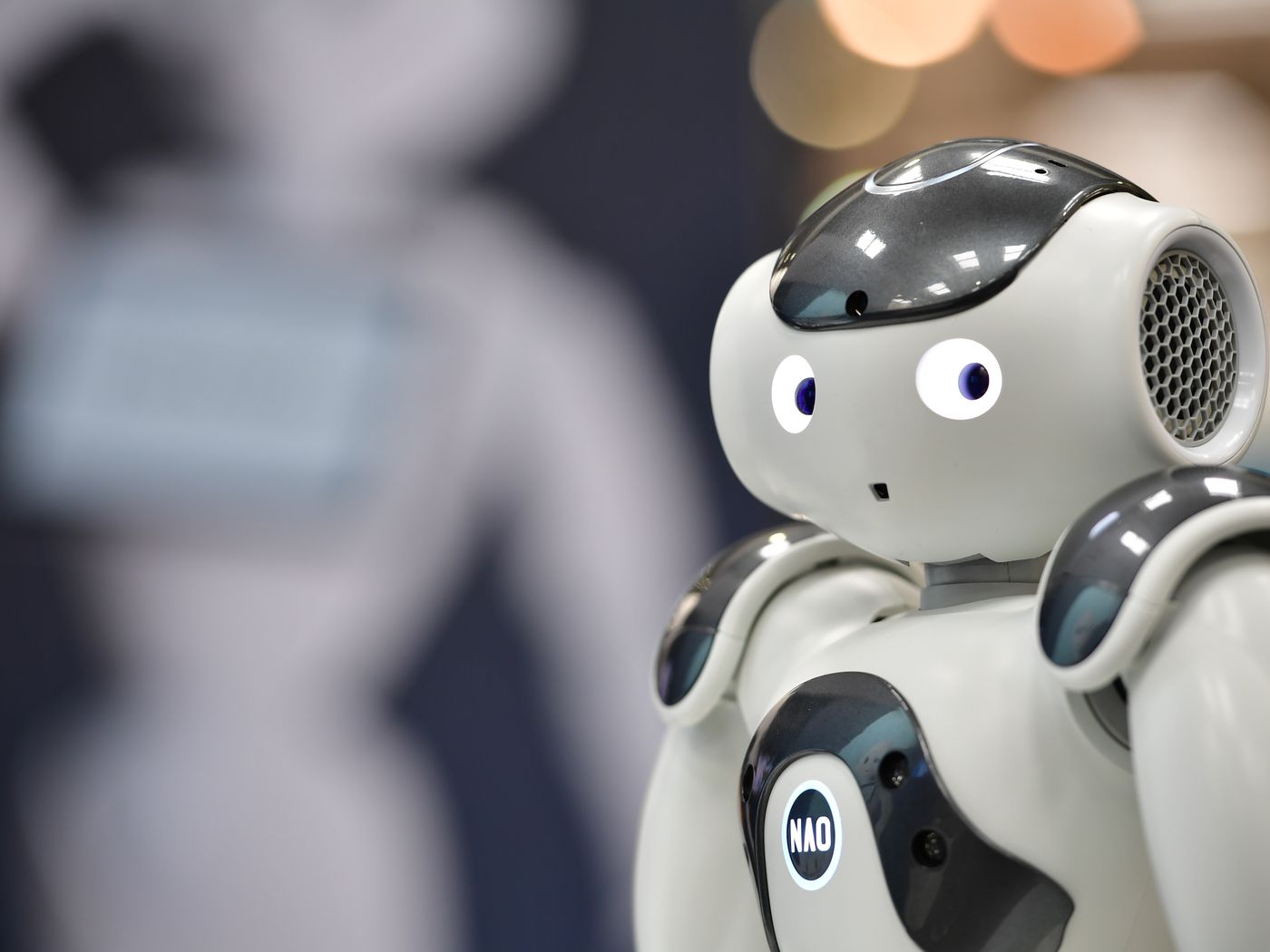
From Ancestral Dreams to Robotic Realities Navigating the Automated Society of the 2020s The human desire for safety and convenience has been a driving force behind technological progress throughout history. From the invention of machines in the 1820s to the present day, the relentless pursuit of innovation has transformed industries and reshaped societies. However, this journey has not been without its challenges. While machines gradually replaced manual tasks, humans clung to familiar roles, often resisting automation despite its feasibility. Now, as we find ourselves in the 2020s, we are witnessing an unprecedented wave of job loss as robots take center stage, setting the stage for a fully mechanized society. In this article, we explore the historical context of our journey towards automation and the prospects of embracing a future where humans provide oversight in a robot-led world, unlocking newfound freedom and leisure in exchange for traditional jobs.
From Ancestral Dreams to Robotic Realities Navigating the Automated Society of the 2020s
Ancestral Dreams and the Birth of Machines
From the earliest dreams of safer and more convenient lives, the 1820s marked a significant turning point with the advent of machines. We reflect on the historical context that led to this technological leap.
Resistance to Automation
Despite the feasibility of automation, humans often resisted change, clinging to familiar roles. We examine the factors that contributed to this resistance and the impact it had on the pace of technological adoption.
The 2020s: Unprecedented Job Loss
The 2020s have ushered in a new era of automation, resulting in job displacement at an unprecedented scale. We explore the industries most affected by this shift and the societal implications of widespread unemployment.
A Glimpse into a Robot-Led Society
As robots become the primary workforce, we envision a mechanized society where human oversight is essential. We discuss the potential for humans to embrace new roles as supervisors and creative thinkers in this evolving landscape.
Freedom and Leisure in Exchange for Traditional Jobs
Embracing automation offers the promise of liberation from mundane, repetitive work and the opportunity for increased leisure time. We delve into the concept of a work-life balance redefined by automation.
The journey from ancestral dreams to the automated society of the 2020s is a testament to human ingenuity and the relentless pursuit of progress. While the widespread adoption of automation raises concerns about job loss, it also presents an opportunity for humanity to redefine its role in a robot-led world. As we transition into this era, we must embrace our capacity for oversight and creativity, ultimately finding a new equilibrium that provides both economic security and the freedom to enjoy life beyond the confines of traditional jobs. In the end, the story of automation is not just about machines taking over; it’s about humans evolving to thrive in a transformed society.
Last Updated on: Friday, September 1, 2023 8:25 am by Anu Priya | Published by: Anu Priya on Friday, September 1, 2023 8:25 am | News Categories: News, Business, GENERAL, Tech
About Us: Business Byte covers a wide range of topics, including India news, business updates, startup insights, technology trends, sports, entertainment, lifestyle, automobiles, and more, led by Editor-in-Chief Ankur Srivastava. Stay connected on Website, Facebook, Instagram, LinkedIn, X (formerly Twitter), Google News, and Whatsapp Channel.
Disclaimer: At Business Byte, we are committed to providing accurate, reliable, and thoroughly verified information, sourced from trusted media outlets. For more details, please visit our About, Disclaimer, Terms & Conditions, and Privacy Policy. If you have any questions, feedback, or concerns, feel free to contact us through email.
Contact Us: businessbyteofficial@gmail.com || ankursri983@gmail.com